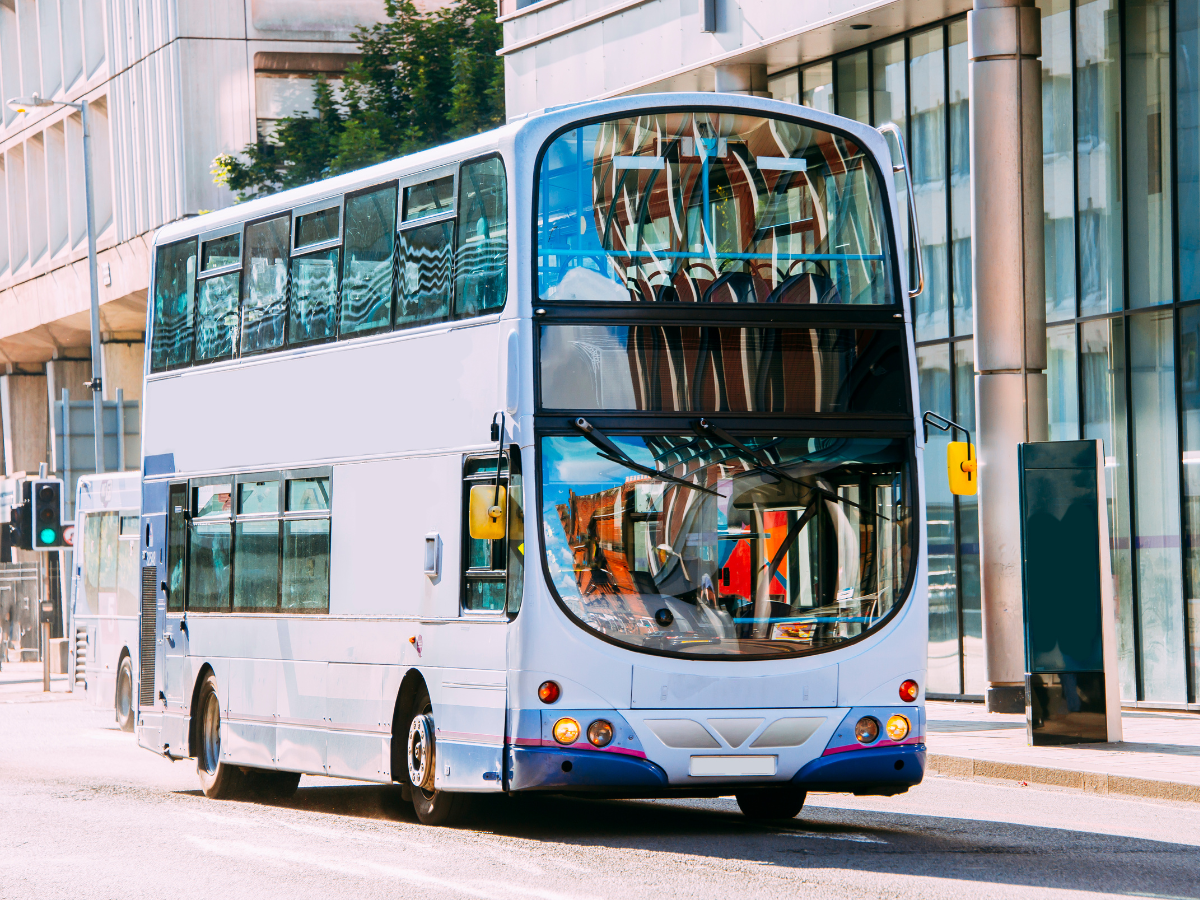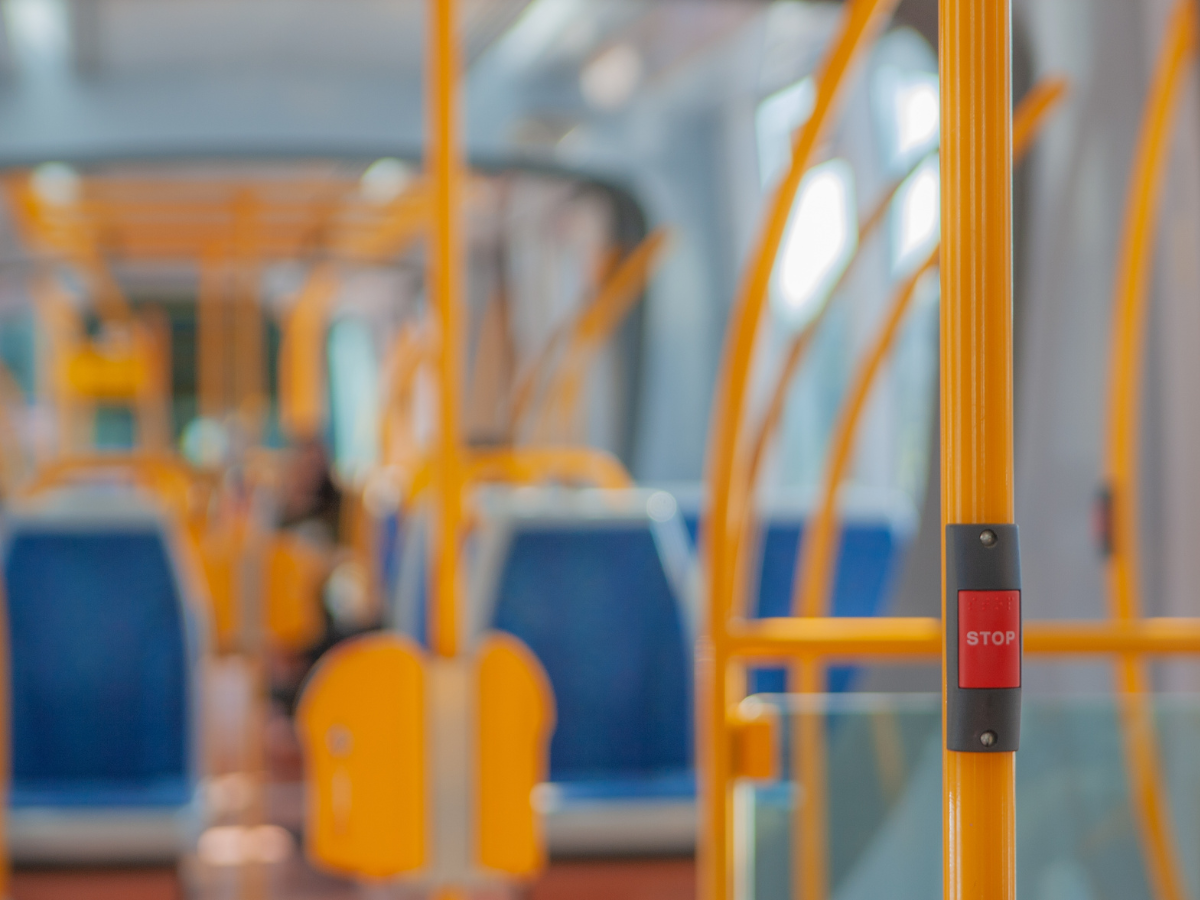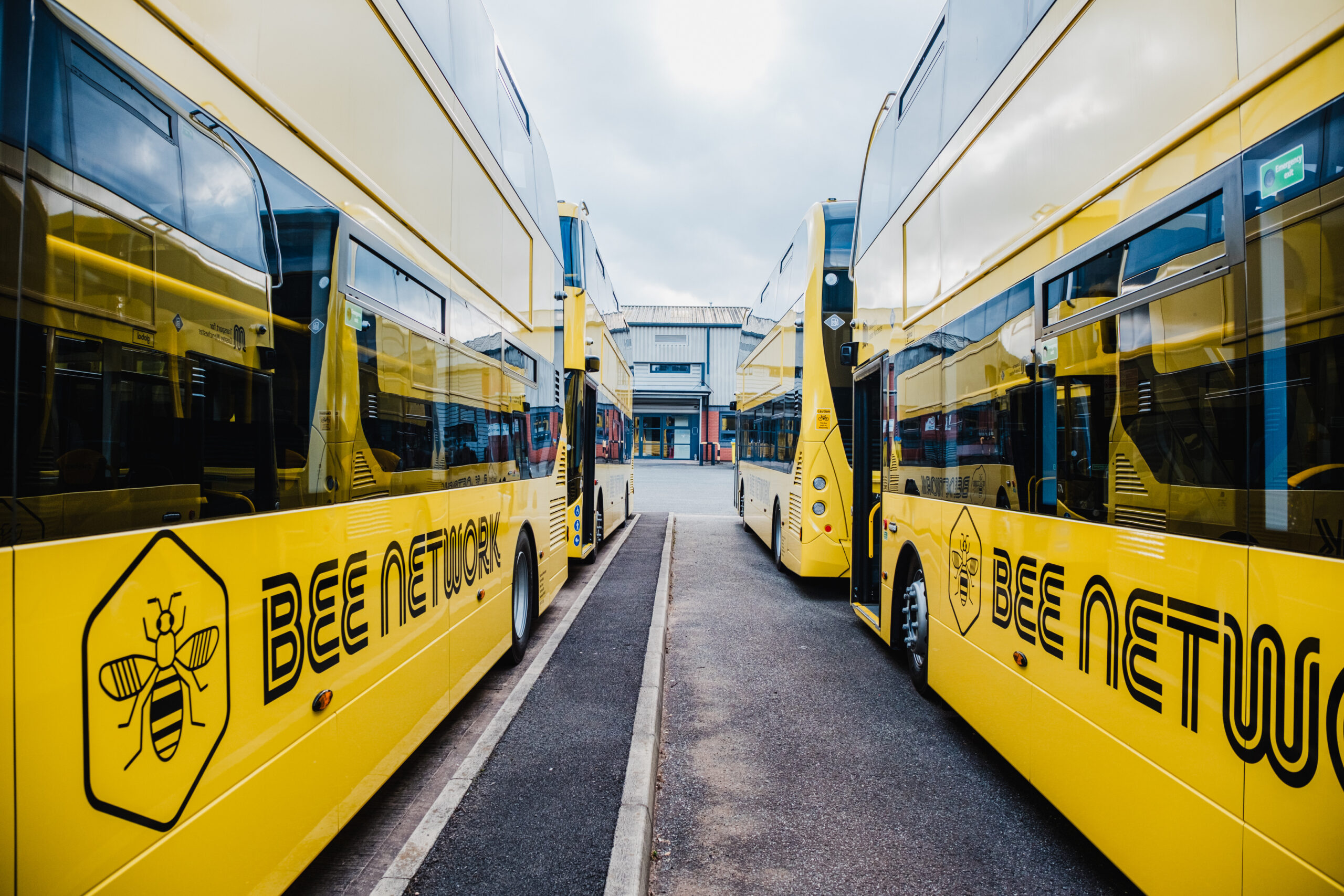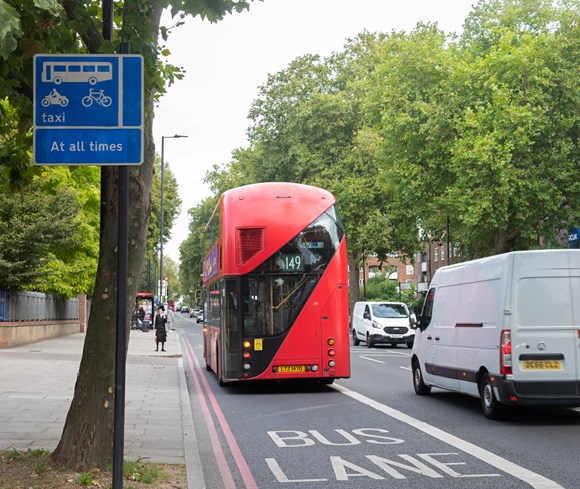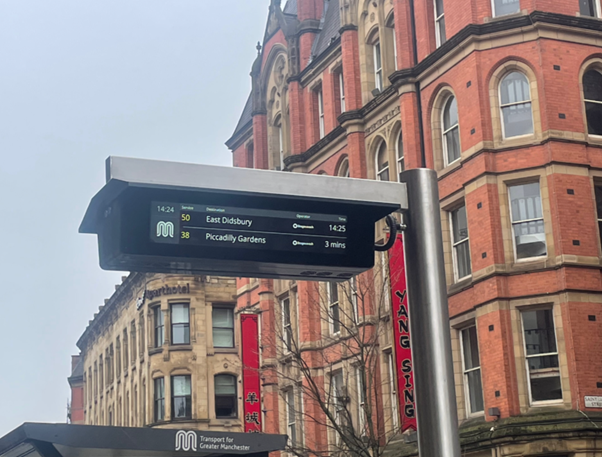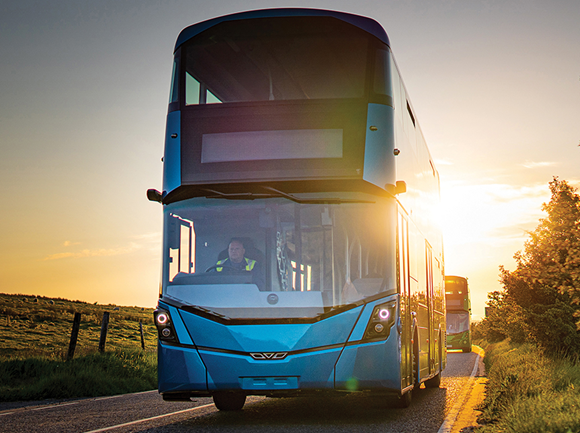United Kingdom – In its new report, Implementation of the National Bus Strategy, the Transport Committee argues that the government must do more to support the ambitions of the National Bus Strategy.
While it said that the strategy was “ambitious, full of good ideas and supported by extra, much-needed funding”, it called on the government to maintain its focus in order to realise its ambitions and create a bus network with more investment in cashless payments, smart ticketing, priority bus routes and demand responsive services.
The cross-party committee also said more funding was needed to achieve the government’s goal of having 4,000 electric and hydrogen buses on UK roads by the end of Parliament. Importantly, it stressed that while switching to cleaner buses was essential, encouraging modal shift by making bus services more reliable should also be prioritised. This is because getting people out of their cars and on to buses itself helps cut carbon emissions.
MPs have also called for the Bus Service Operators Grant to be reformed to prevent companies from being incentivised to stick to diesel vehicles. They also said there should be new guidance on how local authorities can support “socially and economically necessary services”. Such services are not necessarily profitable to maintain but are vital for the communities in which they operate.
The report highlighted that the bus sector was in a tough spot in Britain. Bus use has been falling for decades. Between 2010/11 and 2018/19 bus use fell by 15 percent, for example. Reduced passenger numbers are making it very hard for operators. Post-Covid, many operators are dependent on the government’s short-term recovery funding. The Transport Committee’s report welcomed the government’s £2 fare cap, but said more needed to be done.
Transport Committee Chair Iain Stewart MP said:The humble bus remains Britain’s most used mode of public transport. It is vital to many people’s lives, be they young or old, for getting to work, school or hospital. But patronage, and service levels in England outside London have been in decline for years and this trend was exacerbated by the pandemic.
The Government’s 2021 National Bus Strategy recognised that something had to be done. We warmly welcomed its ambition and invention, as did many others in the sector. But our report finds that, while many of the Strategy’s ideas were on the right track, progress in implementing them has sometimes been too slow, and in some cases, too piecemeal. There have been some successes, such as the recently announced Bus Centre of Excellence, but not all local areas in England have received sufficient funding to realise their ambitions and make a real difference.
The Government also set another ambitious target: 4,000 new zero-emission buses on the road by the end of the Parliament. We welcomed this again, but it seems increasingly unlikely to be met.
Away from the National Bus Strategy, the sector is in a tough spot. It would be absurd to have spent billions supporting the ailing bus sector through the pandemic, and then see services decline. The £2 fare scheme was a great innovation, but ministers must continue to support the sector as it builds a new network fit for the post-pandemic world.
Bus Service Improvement Plan (BSIP) Funding
As part of the National Bus Strategy, local authorities were to work with operators to develop a BSIP. They were encouraged to develop things such as demand response schemes, priority bus lanes and expanded routes and service frequencies. The total DfT funding pot was GBP 1.1 billion. However, findings from the Campaign for Better Transport show that 40 percent of bids were successful with no local authority receiving the full amount bid for. Criticisms of the scheme included that it risked creating a two-tier system with services varying a great deal across county borders. The application process was also called chaotic. Further, there were complaints that smaller councils with fewer resources struggled to compete, with winning areas more likely to be denser, more urban populations.
The Transport Committee recommended that the government should make more funding available to allow more local authorities to implement their BSIPs: “Without further rounds of funding, this ‘national’ Strategy will barely scratch the surface,” the report said.
Decarbonisation
In April 2022, eighty percent of Britain buses were diesel-powered. Less than 4 percent of buses were running on battery or hydrogen power. The government announced a budget of GBP 525 million to help operators with the upfront cost of purchasing zero-direct-emission buses (ZEBs) and the associated charging / refuelling infrastructure. It further committed go having 4,000 such buses in passenger service by 2024. In December 2022, funding had been allocated for 1,779 ZEBs and only 87 ZEBs were on the road.
The committee said that the plans to introduce more electric buses were welcome but it heard that modal shift could have an even bigger impact on cutting emissions and this could only be done by making buses more attractive to people.
The committee further heard that electric buses did not currently have the power capacity for long distances.
As a result, the Transport Committee report recommends that the government produces a clear, staged plan for the full transition to ZEBs, in tandem with the delayed response to its consultation on ending the sale of petrol and diesel buses.
Future Evaluation and Delivery
The report concluded that the government should state how it planned to evaluate the success of the National Bus Strategy and provide an indicative timescale for the scoping, consultation and publication of future iterations of the strategy.









